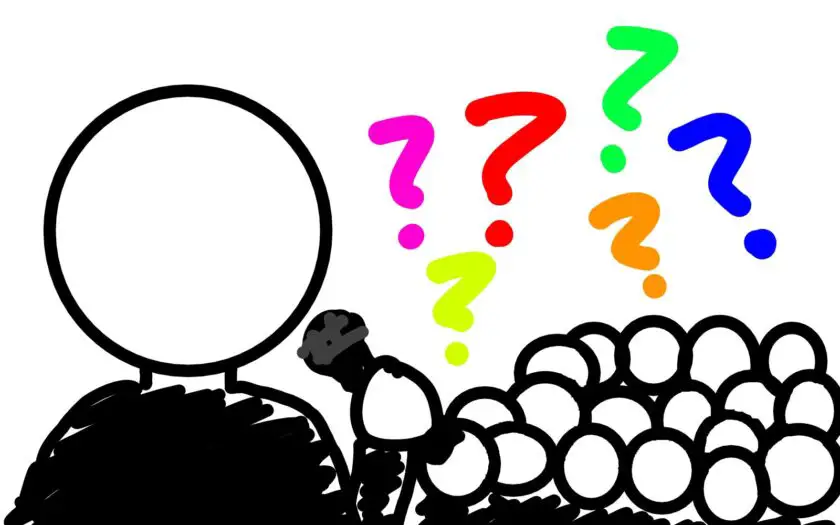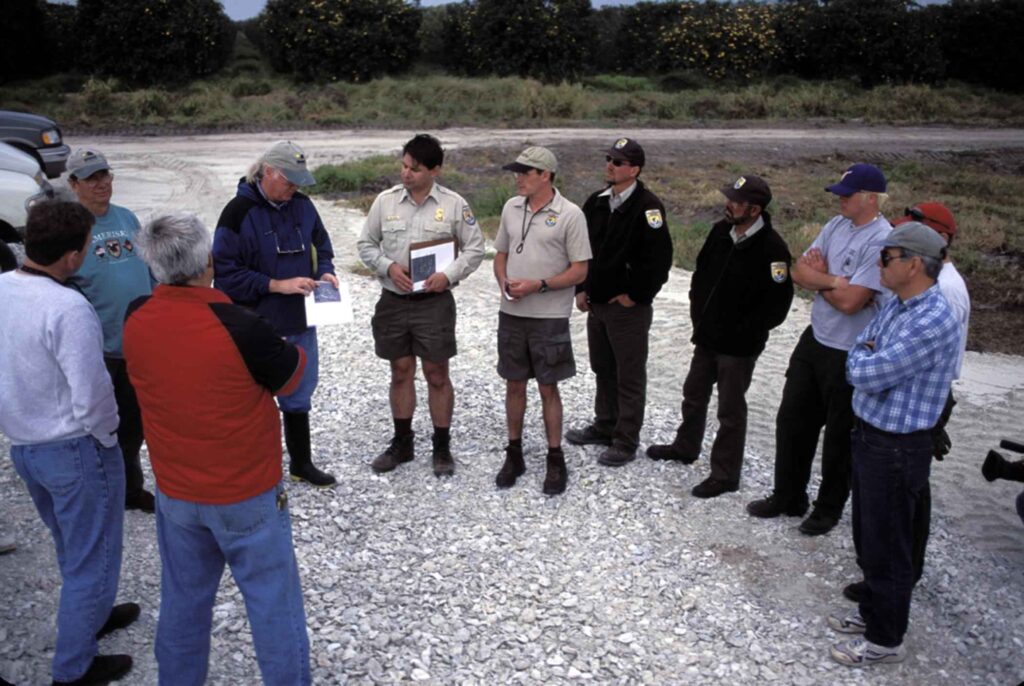Communication skills play an important role in many modern business jobs and are commonly requested on job postings. We live in an interconnected world, and knowing how to communicate effectively is a requirement for any job. However, employers and recruiters all across the globe have acknowledged that the number of poorly written resumes is on the rise. While every applicant is aware that a well written resume is key to making a good impression, showing communication skills on a resume is an area where many fall short.
The most important aspect of a resume is that it puts one critical skill to the ultimate test: communication. Hiring managers want candidates with effective communication skills, and job seekers who showcase this on their resume will earn more interviews and find great jobs. The resume in and of itself is communication, and as a whole it should reflect those skills.
What Exactly Are Communication Skills?
While the term “communication skills” has become a common request in many job postings, it specifically refers to being able to clearly express your ideas and influence others. Many communication skills are considered soft skills, although there are a few which can be viewed as hard skills- such as fluency in a foreign language. Individuals with strong communication skills are able to explain complex ideas in simple language and convert technical jargon into clear instructions for their clients and coworkers. These skills are also very important to being successful in sales, consulting, and leadership roles since being able to influence, facilitate, and coach are the backbone of those jobs.
The Secret Behind “Effective Communication Skills”
A recent GMAC Corporate Recruiter’s Survey Report concluded that four of the five most desired skills for business-school graduates were directly related to communication. The report specifically mentions speaking, writing, listening, and presentation skills. Clearly hiring managers around the world are aware that hiring good communicators will benefit their organization in multiple ways! Unfortunately every applicant claims to have excellent communication skills! So what is the best way to differentiate yourself from this pool of candidates?
As we mentioned earlier, merely using the term “communication skills” is not a very compelling to a potential employer. To make your resume unique and appealing, you must focus on proving your effective communication through your actions and previous accomplishments.
Recruiters tend to seek candidates who can help find solutions to a problem or fill a specific need within their organization. While they may be looking for an effective communicator to be part of their team, you must be able to state how you have done similar tasks in the past. You should look for opportunities to showcase your communication skills when you write the accomplishment bullets for your past jobs. For example, don’t just say that you have great communication skills at the top of the resume- provide the employer with concrete examples of where those skills had an impact, such as growing sales or coaching a team to improve their performance. Another option is to mention that you used those skills to deliver an impressive volume of work (wrote 50 articles), especially if that led to higher responsibilities in the organization (was promoted to editor).
Positioning Yourself As the Most Qualified Candidate
Each industry has different needs and their managers are looking for employees with different capabilities. While some jobs require communication skills for leadership positions, other might need them for marketing consultants who need to regularly meet with customers. Positioning your resume to match the job you are applying to gives the recruiters a reason to choose you amongst a long list of candidates. Regardless of any specific communication skills are listed in the job positing, a well written resume is key to success. In describing your accomplishments, error-free writing, grammatically correct language and a well-organized resume are essential to delivering a good impression of your capabilities.
The ‘skills’ section of your resume should be short and precise; thus, it is not a great idea to list your communication skills here. Instead, your resume introduction is a good opportunity to include examples in different manners. An important tip for this section is that you must learn to substitute the word “communicate” with more accurate and descriptive words. For example, stating that you have “exceptional communication skills” is not nearly as effective as saying that you “provided guidance and counseling to subordinates” and have the “ability to be a team-player and resolve conflict”. In addition to being specific about your communications skills, look for opportunities to frame up the broader impact of your skills on the business. For example, you may have used multiple communications skills to deliver a high impact cost savings program (which is the real focus of the hiring manager: can you deliver the desired business outcome?). Set the stage so they know what to look for when they read the rest of the resume…
Showcasing Your True Skills
Since the work experience section of your resume is lengthy and detailed, there is ample space to elaborate on how your effective communication skills on helped businesses in the past. Since recruiting managers are unlikely to read long paragraphs simply about your communication skills, it is useful to include action verbs in your accomplishment bullets which showcase how your communication skills created value for the business.
Ideally you can tie your communication expertise to previous roles using specific examples. This could include mentioning a critical presentation or a new pitch that had high sales conversion. It could include mentioning handling a leadership challenge which resolved a key conflict and created a healthier corporate culture. While not all of these examples will fit on your resume, keep them in mind as fuel for your interview later on!
Specific Communication Skills
In a resume, it helps to be precise since this shows the a candidate is truly good at what they do. Instead of repeating the term “communication skills” multiple times, you could narrow it down to specific communication skills that you possess. While some of these are universally appreciated, others will hold more value for certain jobs. For example, a teacher should have good leadership and presentation skills.
The most common type of communication skill is writing, which of course should be demonstrated through a well written resume. In the event you lack writing-related experience on you resume, crafting a well written cover letter would certainly showcase your written communication skills.
Verbal communication skills are just as important when it comes to taking a new job. As an employee, you are likely to be working with different kinds of people, presenting information and constantly speaking to clients or managers on the phone. Due to this, it is important to demonstrate to your employers that you can easily get your point across to the audience. Examples of this could include successful presentations or public speaking accomplishments.
Regardless of the position that you are applying for, recruiters are always looking for a candidate’s ability to lead, manage and resolve conflict. Leading people effectively is a key management skill which is reliant on both effective communication and great interpersonal skills. Recruiters are aware that this combination is not very easy to find, so showcasing it on your resume is sure to catch their eye!
Wondering how to put more skills on your resume? Check out these other great articles:

